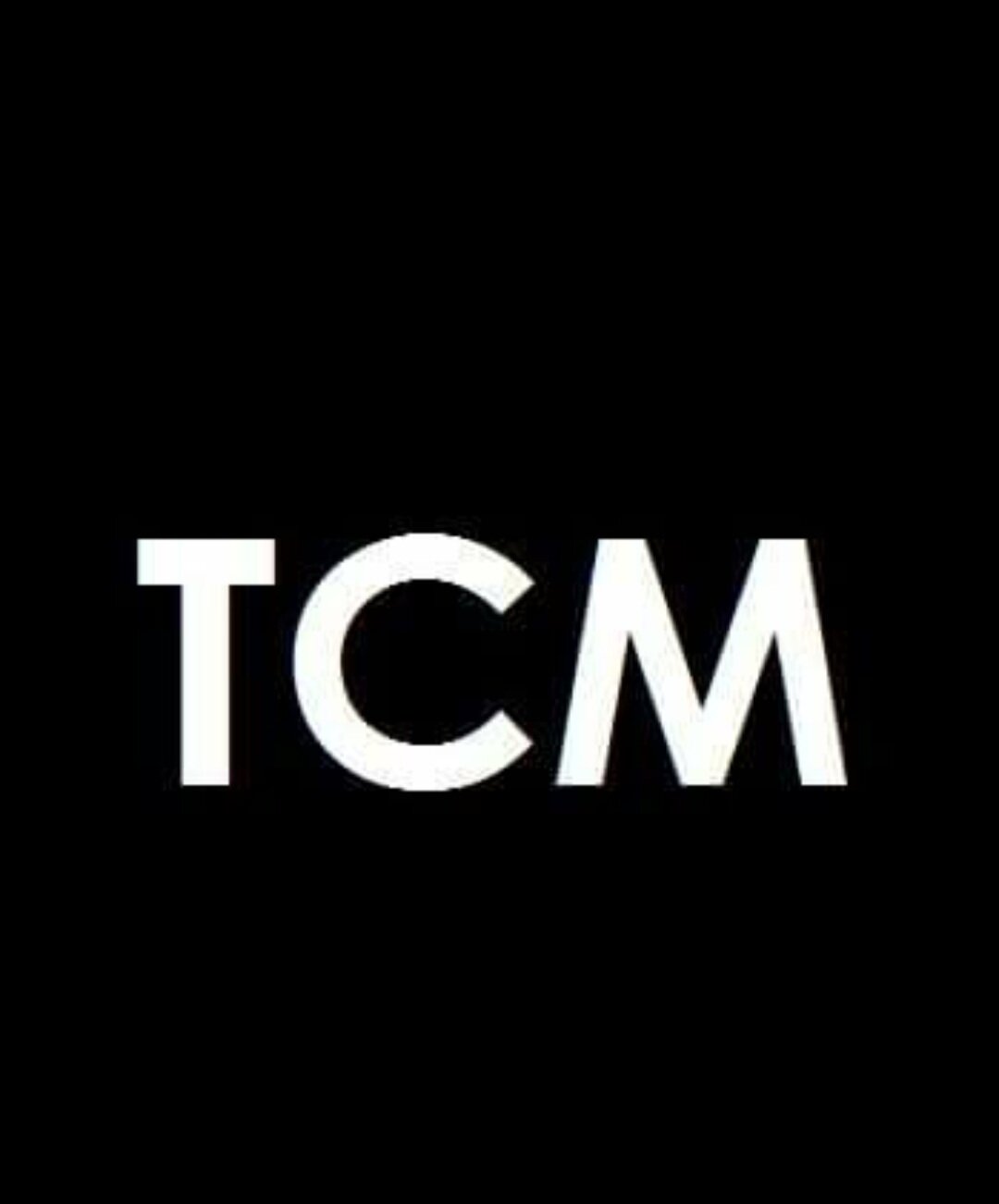By: Paul Lewkowicz
The interactive play Fight Night provides for an interesting opportunity to reflect on the state of democracy and how and why we and others choose to support (or not support) political candidates. The show opens with host, Angelo Tjissens greeting the audience and explaining how voting devices allow each audience member to anonymously vote on various questions posed throughout the evening.
Tjissens then introduces five “political” candidates, who arrive on stage in black garments covering their regular attire. Charlotte, Michai, Aaron, Aurelie, and Abdel take off their black garments and are then subject to a vote by the audience as to which of them is the preferred candidate based solely on appearance and after little or no discussion. On this evening, after the audience vote, Aaron emerges in first place (but with a plurality and not majority of votes), followed by Aurelie and Charlotte close behind, with Michai and Abdel at the bottom of the pack. Each candidate then ponders the result: Aaron emerges as a 25-year old fighter, Aurelie as a defender of the low income, Michai as someone who banks on votes because of his looks, Charlotte as the intellectual, and Abdel as the loser.
What follows throughout the night is each candidate gradually revealing broad perspectives on life and politics and how this compares to the results of polling from the audience. Aaron admits he has a racial bias in favour of Black people; Aurelie reveals herself as an anti-establishment candidate who wants to not change but rather eliminate the system; Michai campaigns as the proponent of democracy as a way to build consensus; and Abdel prides himself as the fighter for the underdog.
Fight Night aims to expose the flaws and polarizations within democracy. Declining voter turnout has small groups of voters deciding elections for the entire populace; candidates emerge as successful, despite not having the majority of support from voters or the populace, beliefs that none of the candidates are worth voting for and that the public has to choose between “the lesser of two evils”; mobilizations to fight against the system, and strategic alliances or new candidates that go against voter’s initial intentions or expectations. These feelings are extremely relevant to the audience in light of the recent American presidential election.
Fight Night explores, with different results based on different audiences, what it takes for “voters” to gravitate or move their support away from certain candidates. For instance, after admitting his racial bias, Aaron’s share of the vote from the audience declines rapidly and coalesces around Michai who reveals himself as a moderate proponent of democracy and appears to be more in line with the values of the audience. We are able to examine our political systems: what influences our decision to vote or not vote for candidates or abstain from voting and what changes we could make to our democracy that would make it more engaging and healthy. Given the extensive media coverage on the personalities of Donald Trump and Hillary Clinton and their recent election campaigns, the show is extremely relevant and timely and allows us to further reflect on current events with new perspectives.
Although the show is enjoyable and worth seeing, Fight Night would be even more exciting if each candidate more thoroughly expressed their perspectives on the state of democracy and on key issues currently facing society. This format would have helped to better explore the pros and cons of debate and topical issues.
Ultimately, Fight Night is a show that makes us think and its reliance on audience engagement gives it that added excitement and unpredictability while still weaving through core themes and opportunities to reflect on the state of democracy.
Fight Night is playing at the Panasonic Theatre (651 Yonge Street) until November 20, 2016. For more information and to purchase tickets, visit: www.mirvish.com/shows/fight-night.
Photo courtesy of Mirvish Productions.











